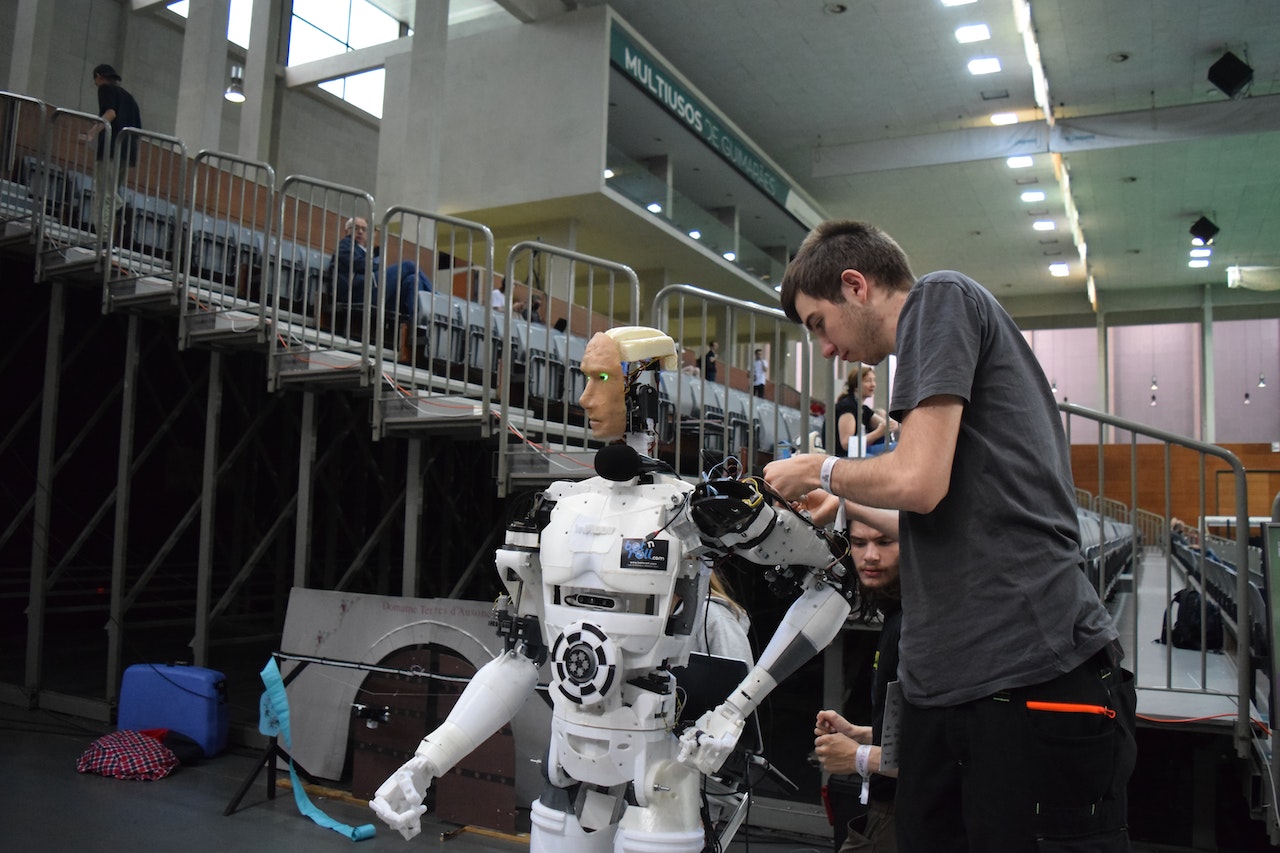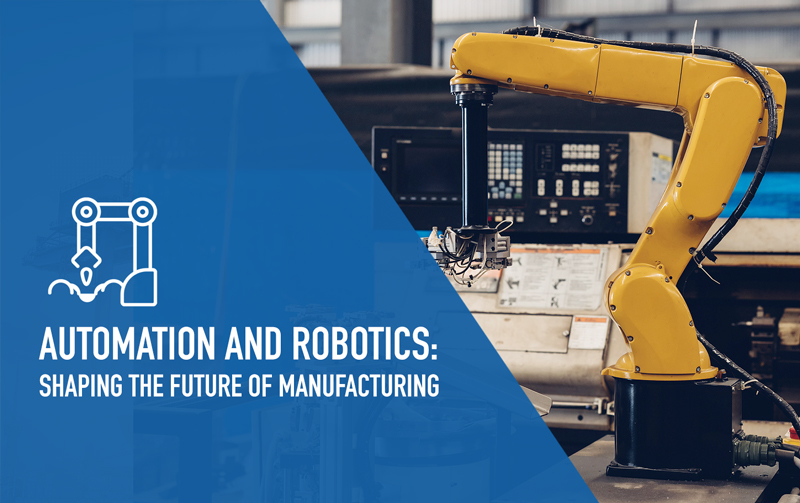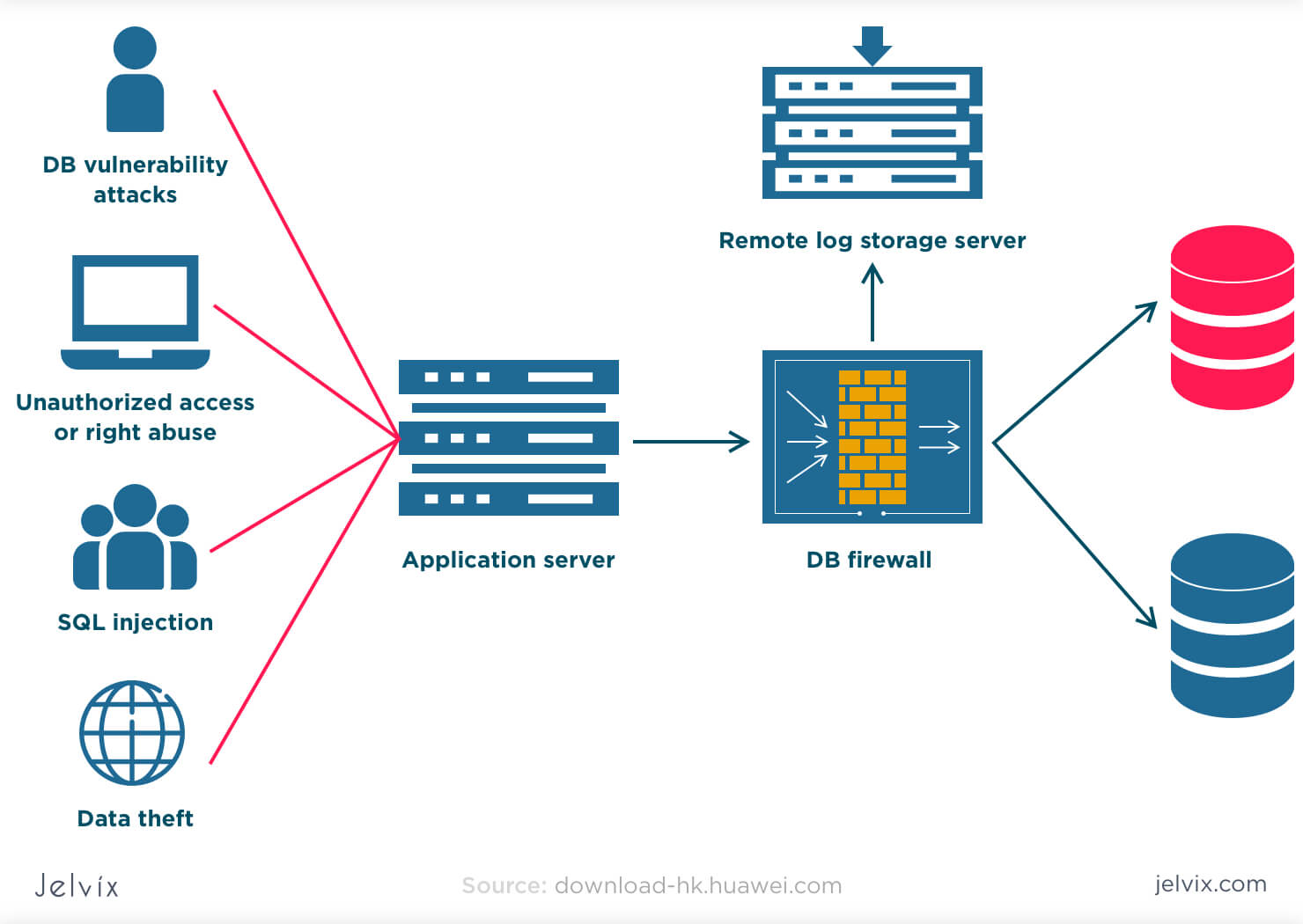Artificial intelligence (AI) has emerged as a transformative technology that has the potential to revolutionize numerous industries. In science and technology, AI is already being used to enhance research and development, streamline processes, and enable capabilities that were once impossible. However, there is still significant potential to be unlocked in AI’s use in science and technology. In this blog post, we will discuss how AI is currently being used in science and technology, the challenges it faces, and the opportunities it presents.
AI in Science
The use of AI in science has proven to be extremely valuable. Scientists are using AI to accelerate the pace of discoveries by analyzing large amounts of data in real-time, identifying patterns, and making predictions. AI-powered tools are also helping researchers understand complex problems that would be difficult or impossible to tackle with traditional methods.
For example, in a recent study published in the journal Nature, scientists used AI to predict which molecule would be effective against the flu virus. The AI system was able to identify an entirely new class of molecules that had never been studied before, leading to the discovery of a potent antiviral drug.
AI in Technology
In technology, AI is being used to transform industries by enabling new capabilities and solving complex problems. One of the most significant areas of AI development is in autonomous vehicles. Self-driving cars are already being tested, and it’s only a matter of time before they become mainstream. Other areas that are benefiting from AI include security, finance, and healthcare.
In finance, AI is being used to detect fraud, improve customer service, and automate underwriting processes. In healthcare, AI is being used to develop new drugs, improve patient outcomes, and monitor patient health. AI-powered tools are also being used to identify and diagnose various diseases from X-rays and MRI scans.
Challenges in Unlocking AI’s Potential
Despite the potential AI has in science and technology, there are still many challenges that need to be addressed. One of the most significant challenges is the lack of data and proper data management. AI systems require vast amounts of training data to learn from and make predictions. However, scientists and technologists often struggle to gather large enough data sets that are labeled correctly.
Another challenge is the lack of transparency in AI systems. As AI becomes more complex, it becomes more challenging to understand how it works. This lack of transparency makes it difficult for scientists and technologists to fully control the behavior of AI systems, which can be dangerous in certain applications.
Opportunities in Unlocking AI’s Potential
Despite the challenges, there are many opportunities to unlock AI’s potential in science and technology. For example, AI can help to accelerate scientific discovery and reduce the cost of experimentation. It can also help to improve the precision and accuracy of scientific measurements and models.
In technology, AI can help to automate processes, reduce costs, and improve customer satisfaction. It can also help to improve security by identifying threats and vulnerabilities in real-time.
Conclusion
In conclusion, AI has the potential to transform science and technology significantly. However, there are still many challenges that need to be addressed before we can fully unlock its potential. Proper data management and increased transparency in AI systems are necessary to address these challenges. By doing so, we can realize the true potential of AI in science and technology and revolutionize numerous industries.











